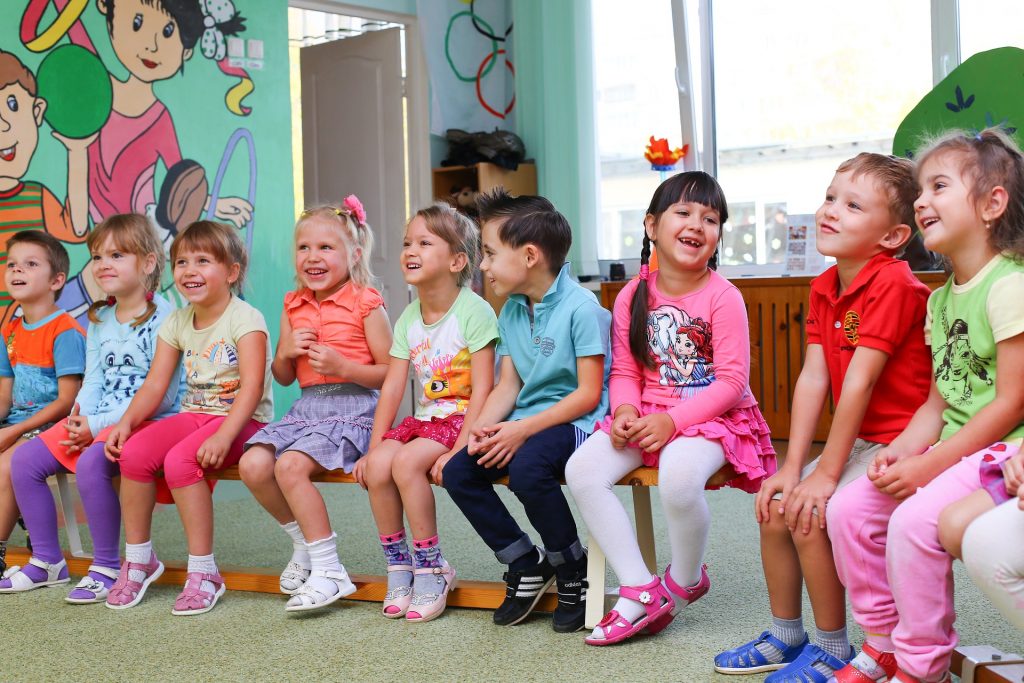Often, Attention-Deficit/Hyperactivity Disorder (ADHD) is not identified until a child begins struggling in elementary school or later. In kids younger than elementary age, ADHD can be difficult to identify since the main symptoms of the disorder (inattention, hyperactivity, and/or impulsivity) are common in toddlers and preschoolers. While there may not seem to be an obvious difference between very young children with ADHD and without, there is a distinct difference in their school-readiness.
In a study comparing 4- and 5-year-old children who had been previously diagnosed with ADHD and those who had not, there were significant differences in multiple measures of school-readiness. Between the two groups, children with ADHD demonstrated statistically significant impairment in approaches to learning (executive functioning and behavioral control), social and emotional development, and language development. Physical well-being and motor development were also impaired compared to children without ADHD. No differences were observed between the two groups with regard to IQ, cognition, and general knowledge.
Collectively, these results demonstrate that children with ADHD are not less intelligent than their peers, but they are more likely to be behind in other types of development. In particular, social and emotional delays can interfere with peer relationships, and differences in learning styles and language development can make it difficult to follow along in class. Further, these issues may contribute to difficulty with self-control in the classroom, as well as planning and executing goals. Each of these findings indicates young children with ADHD are at risk of school failure, and intervention aimed at reducing this possibility is key. As such, helping young children with ADHD work on these areas is crucial for school readiness and avoiding unnecessary academic stress.
